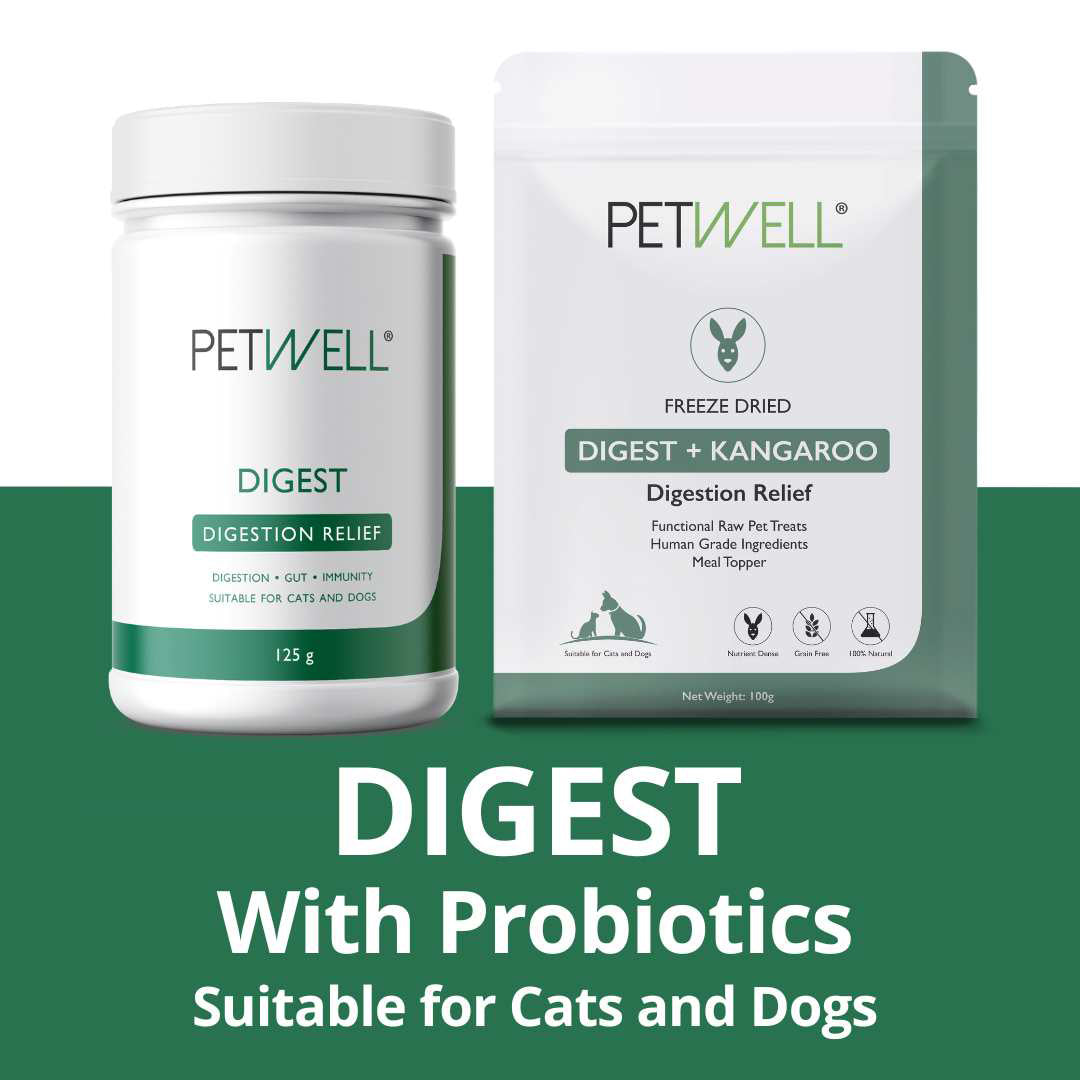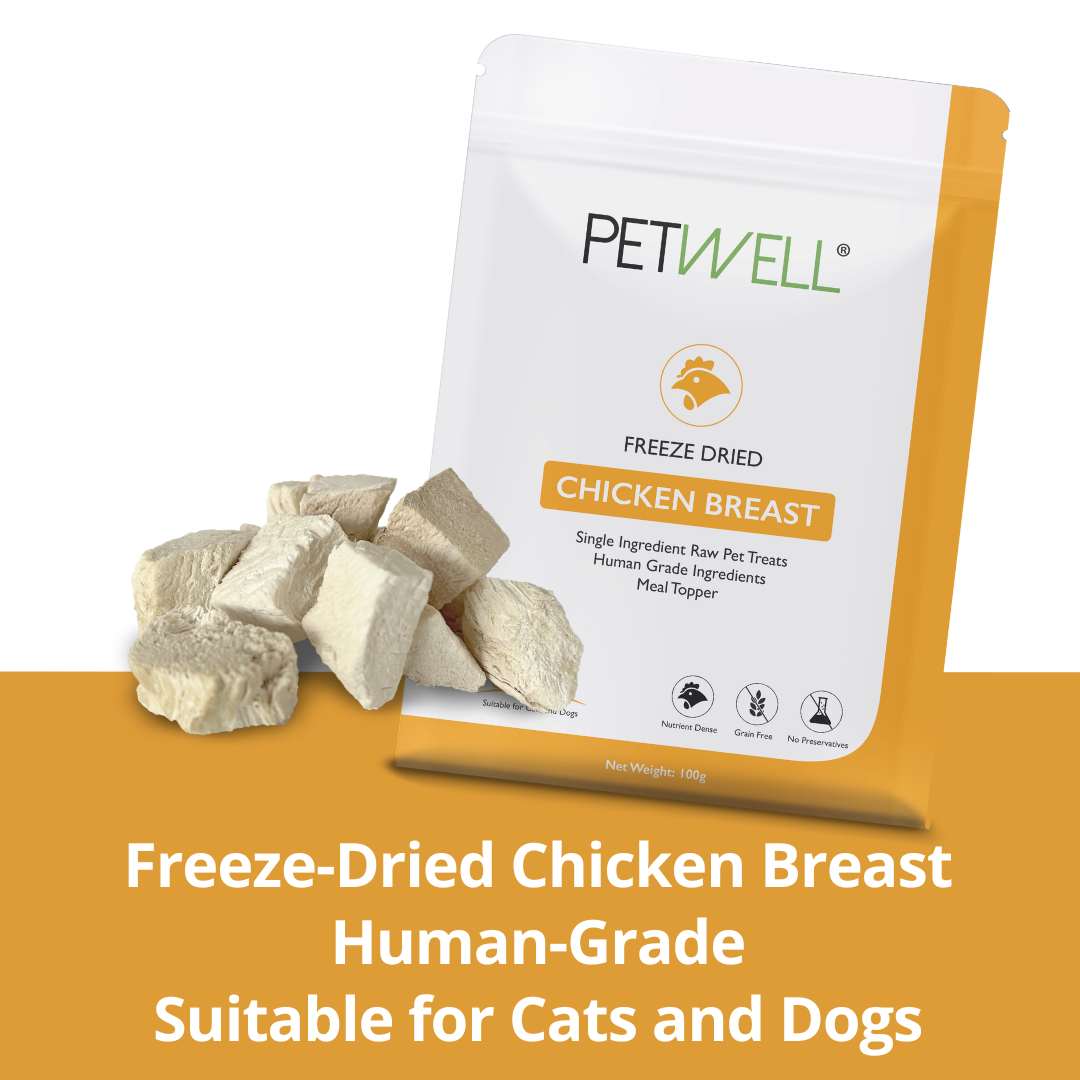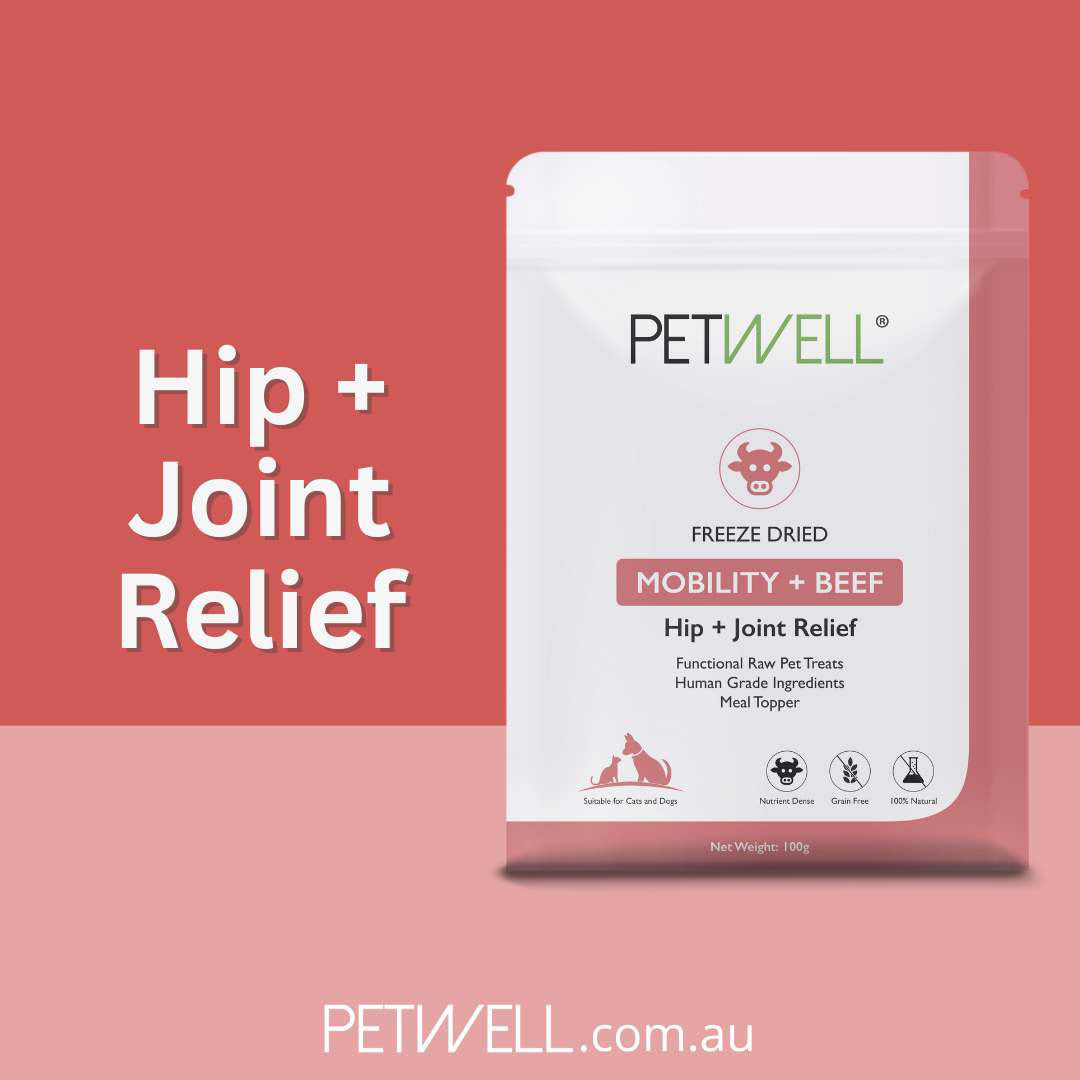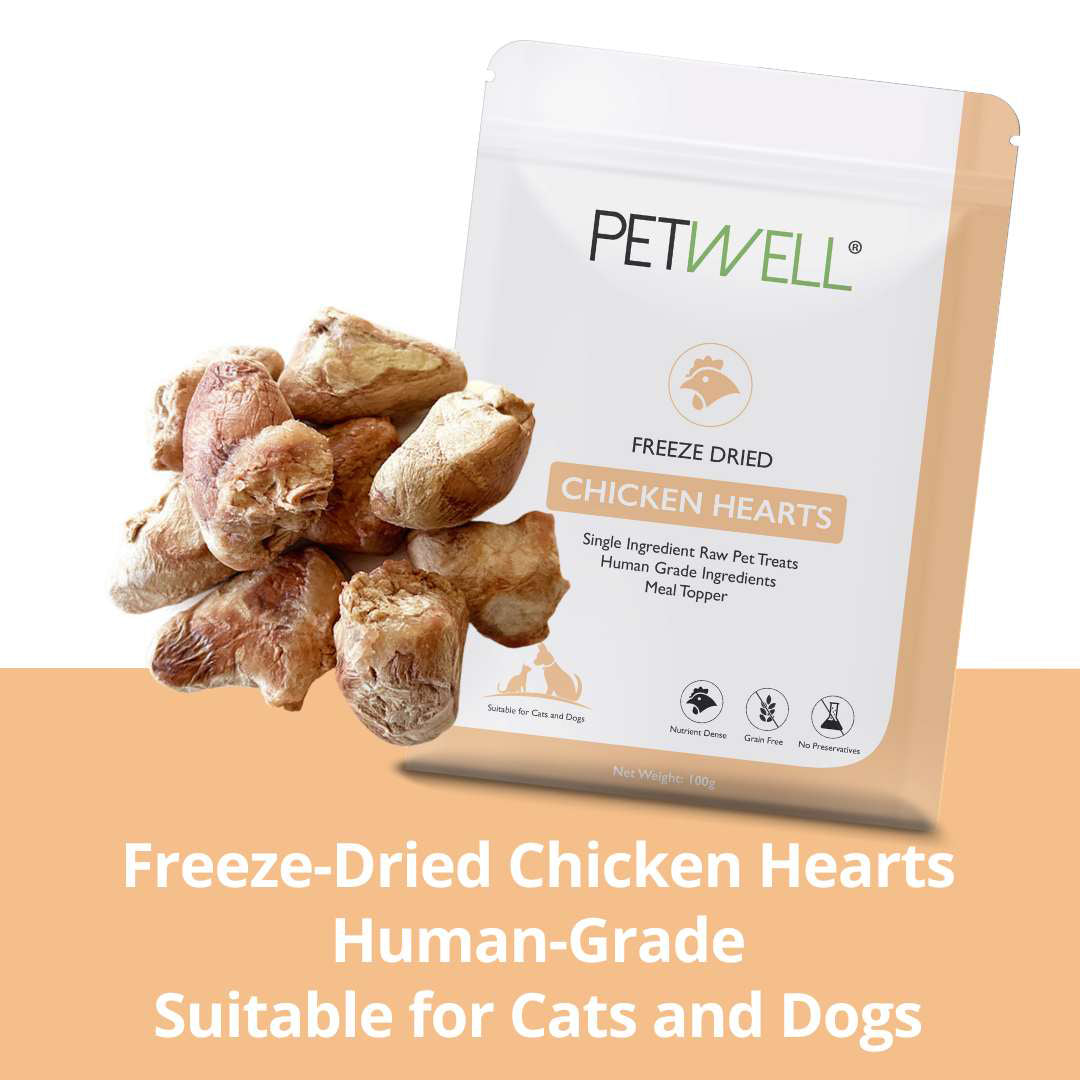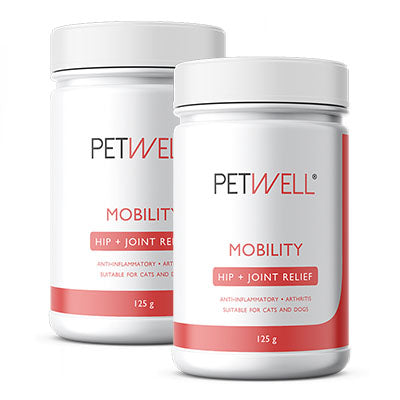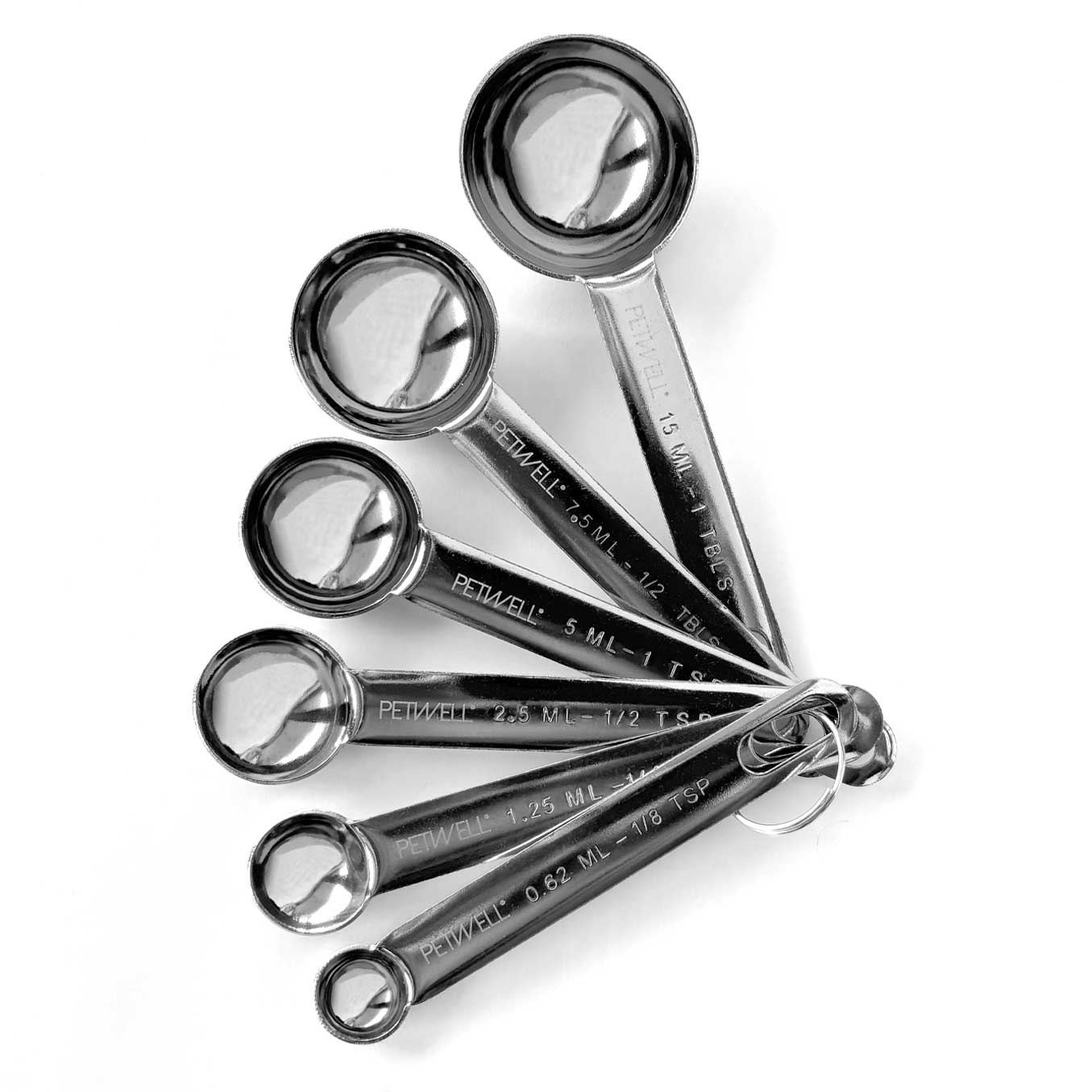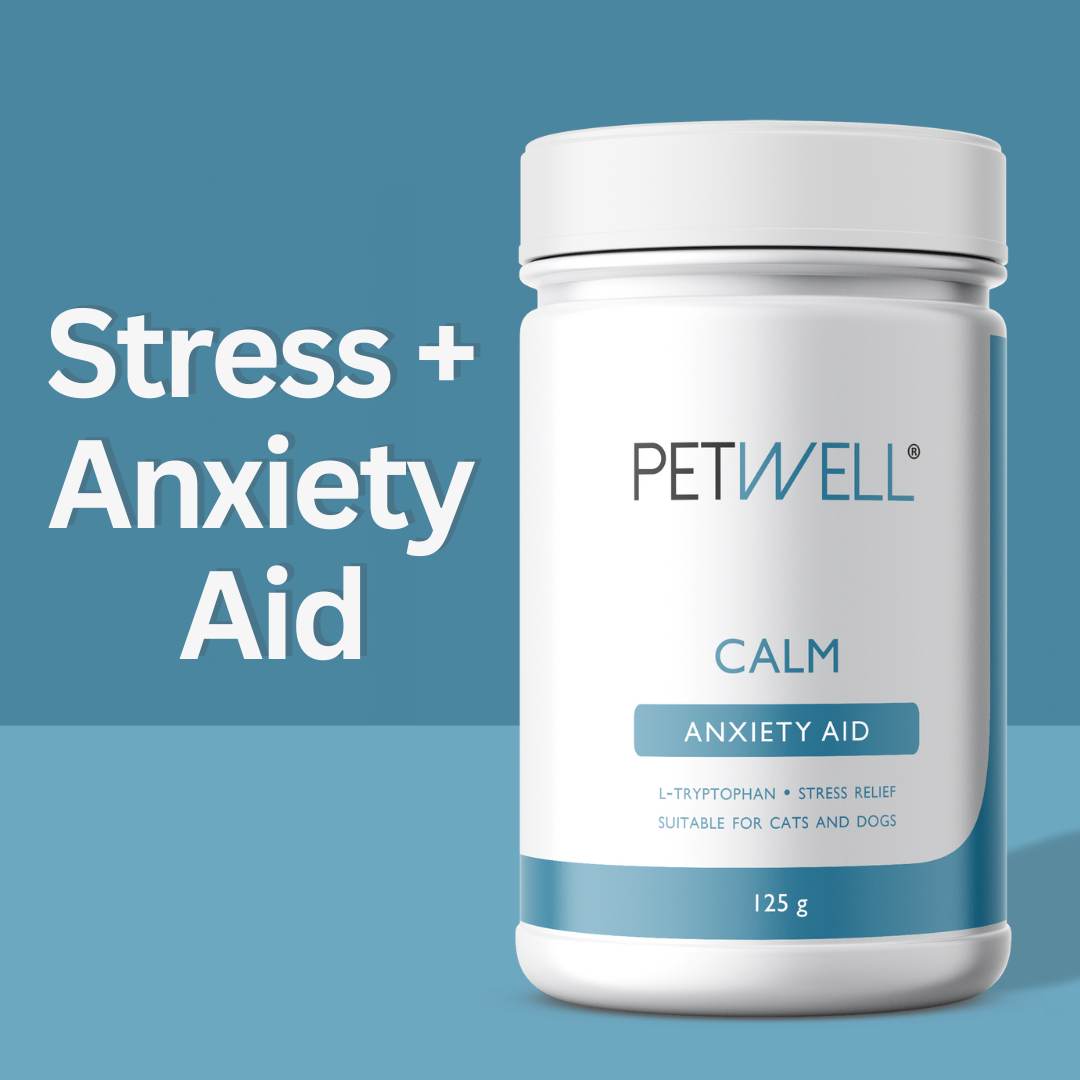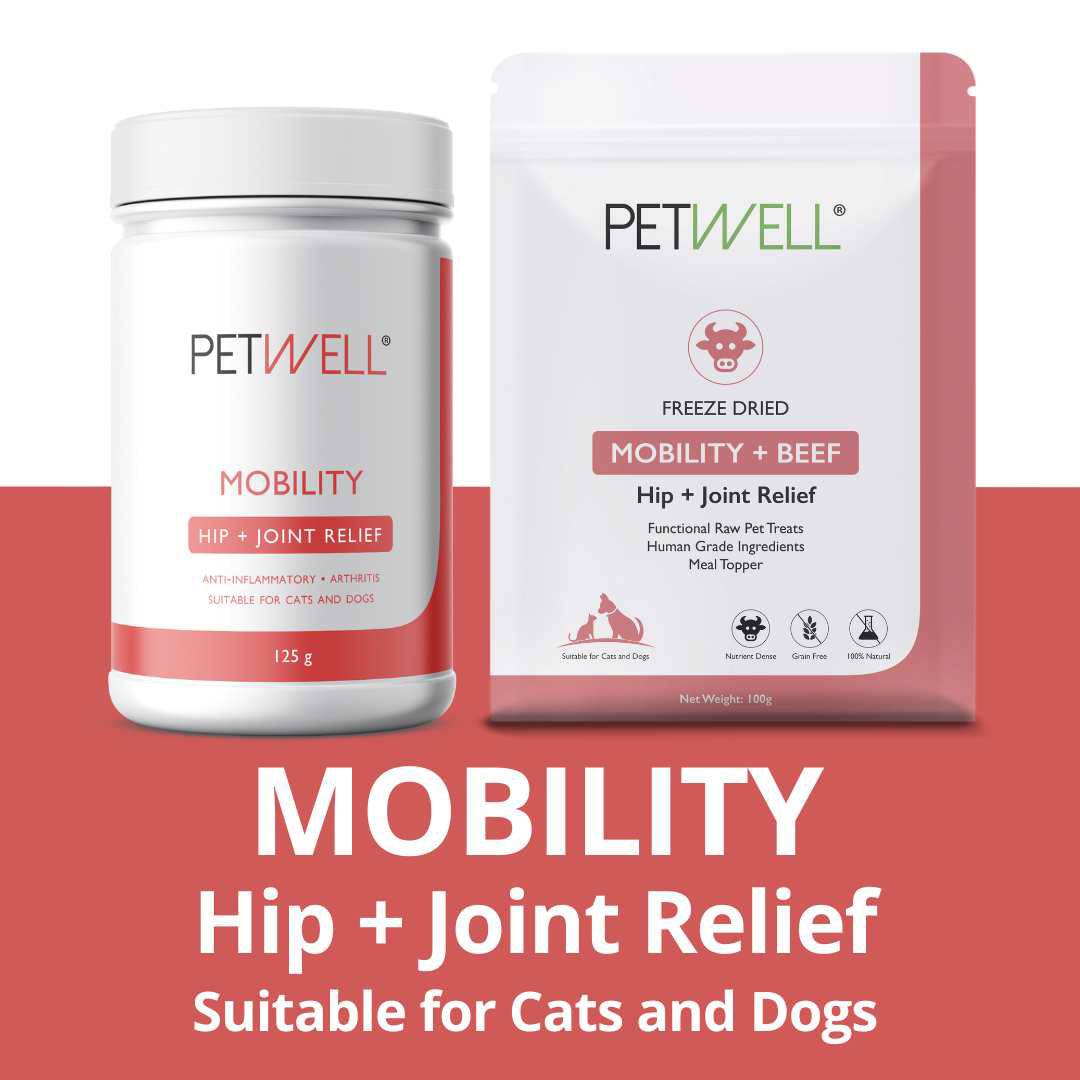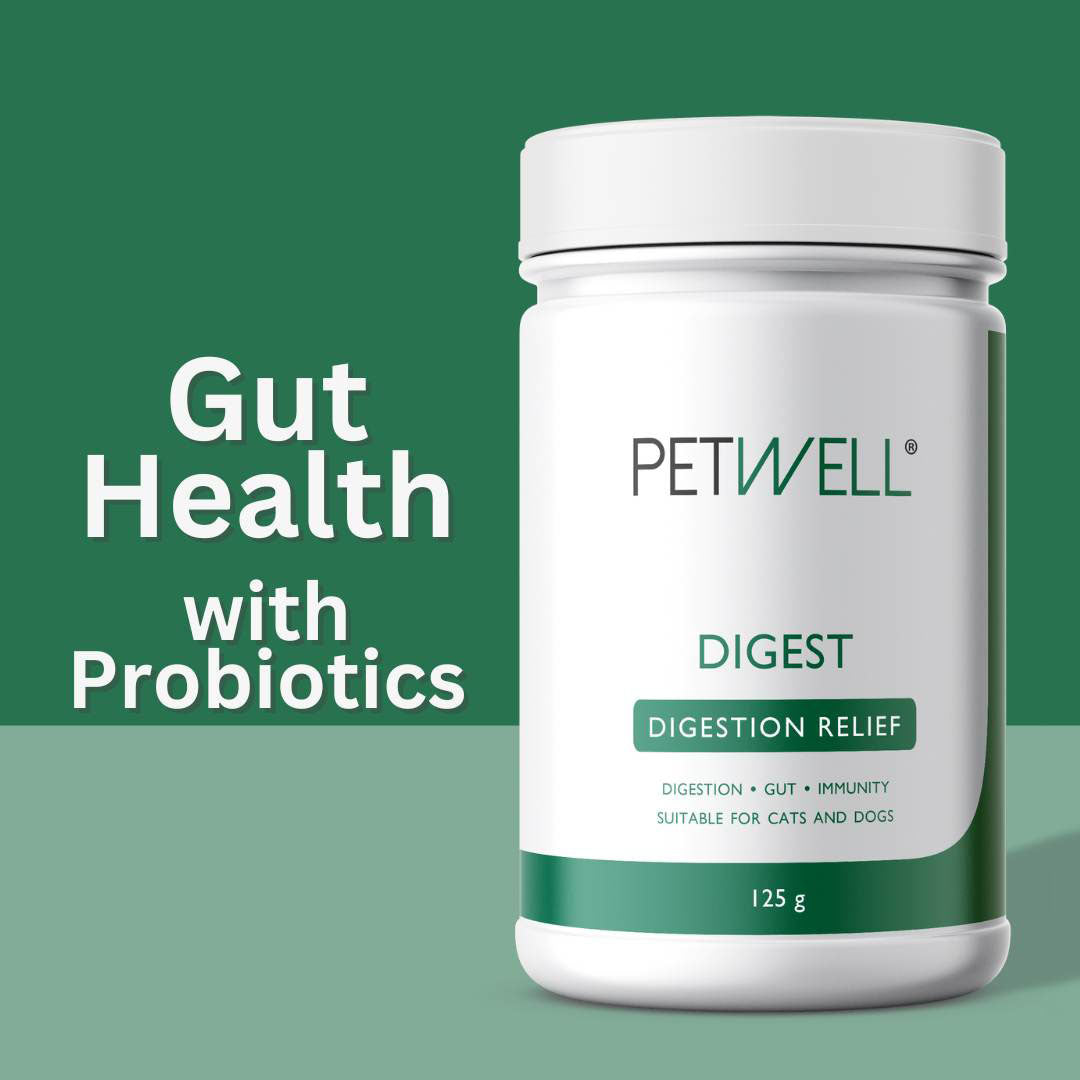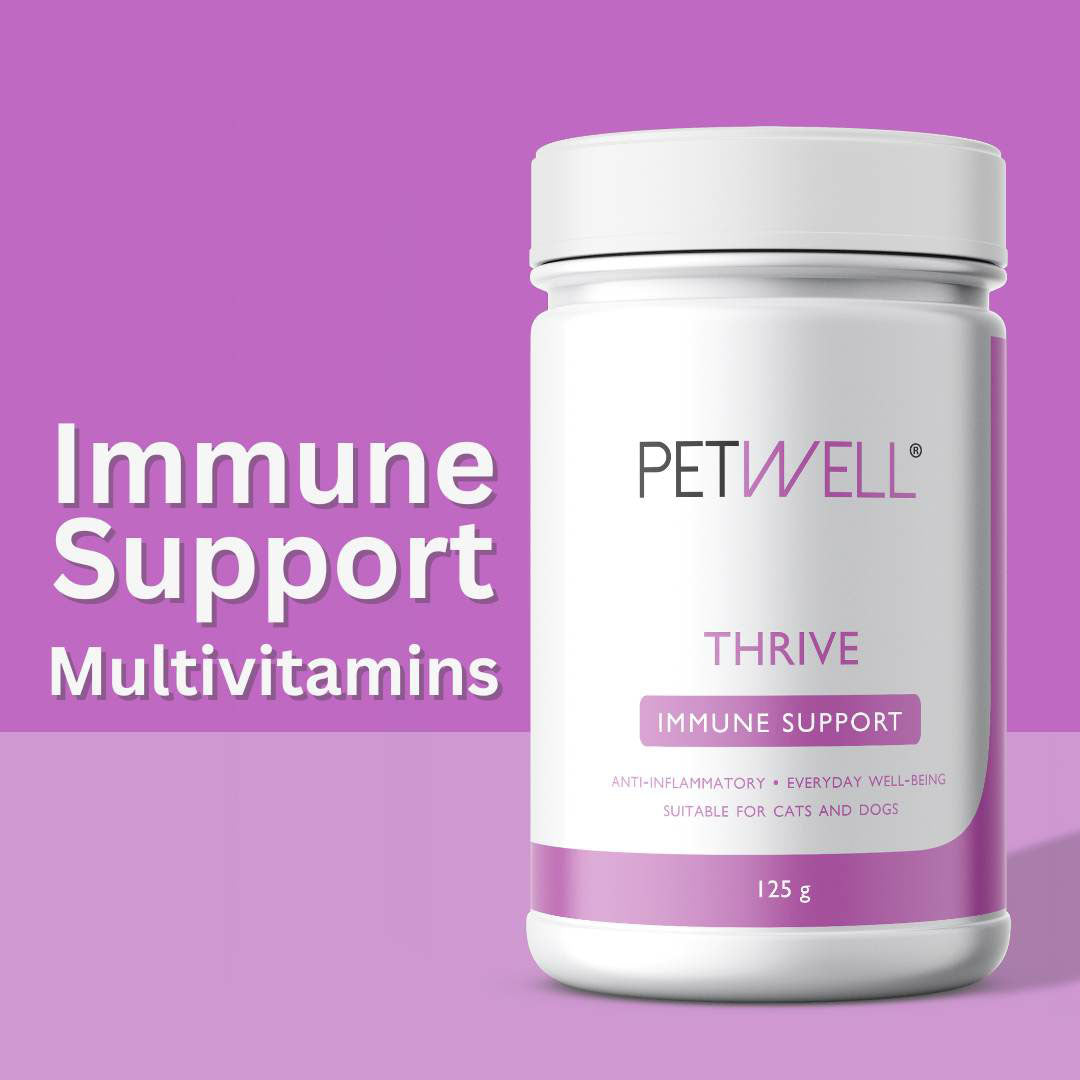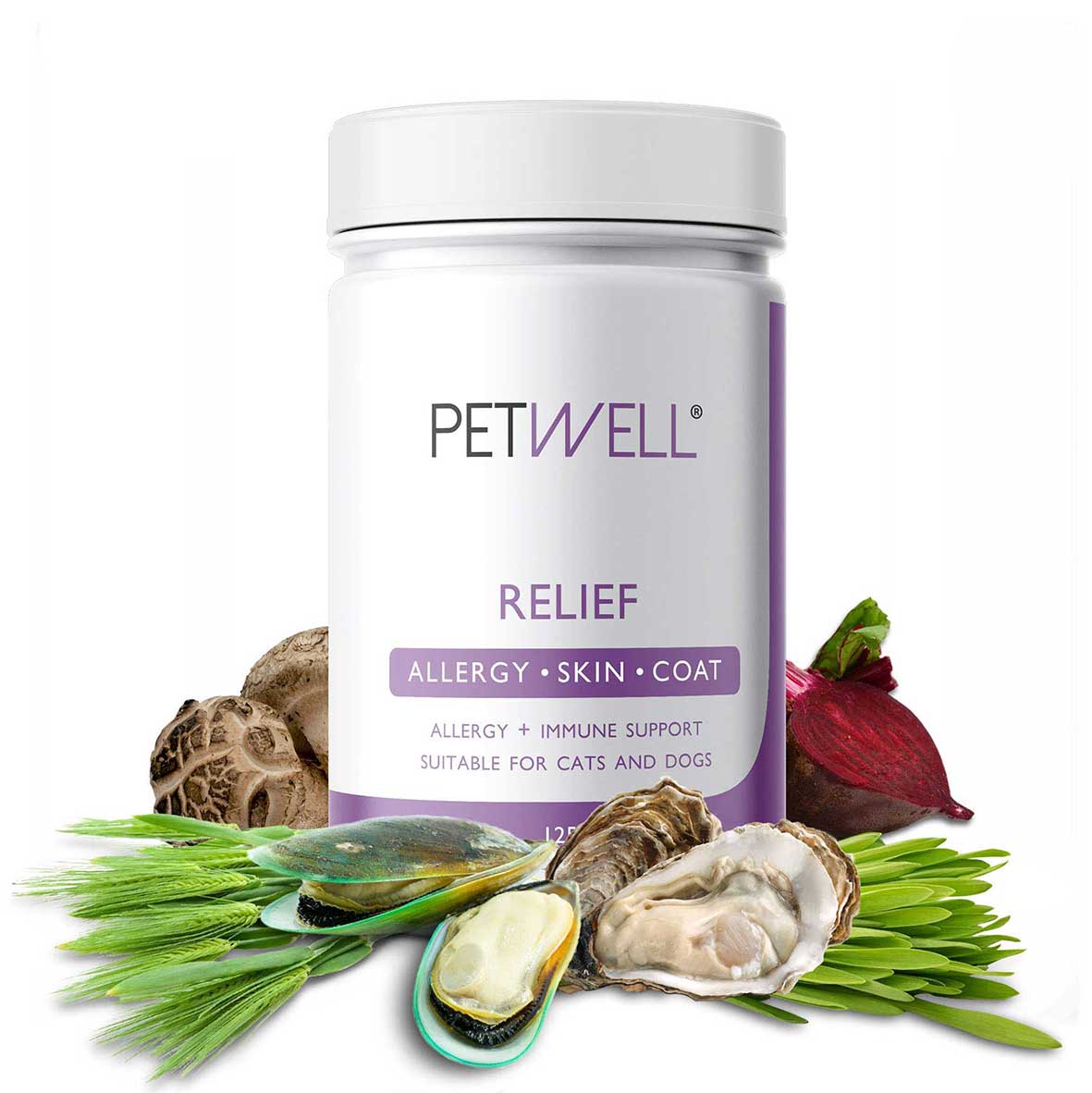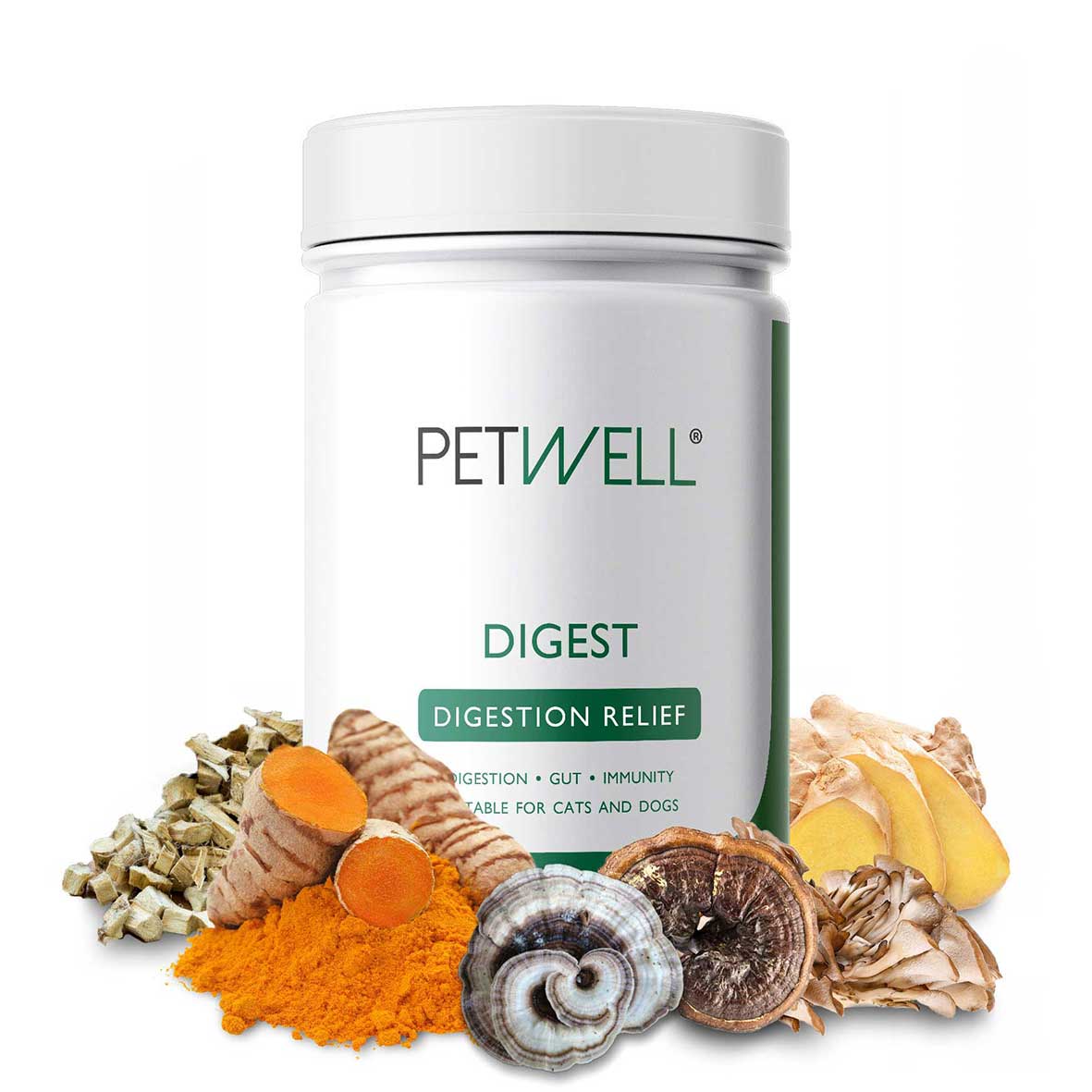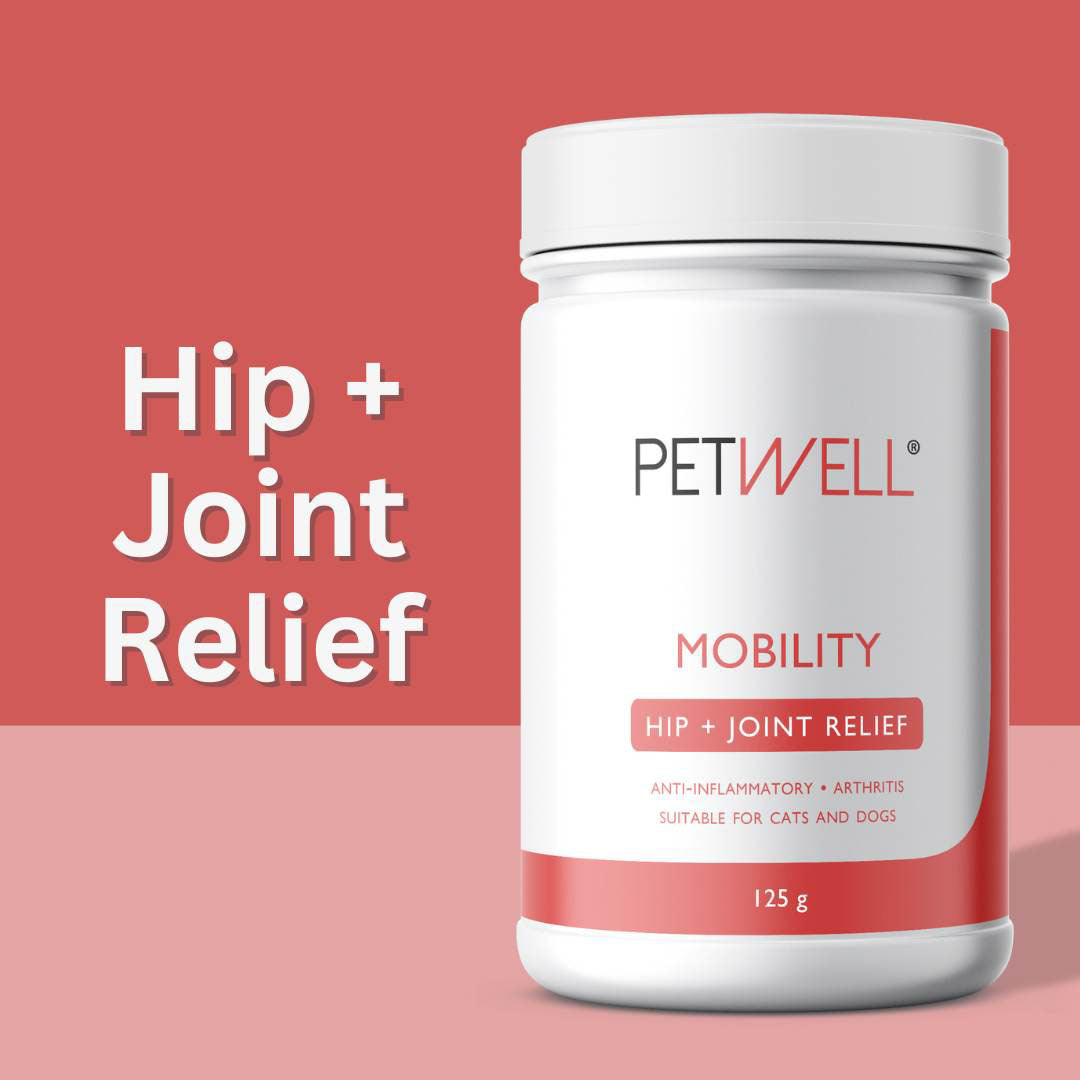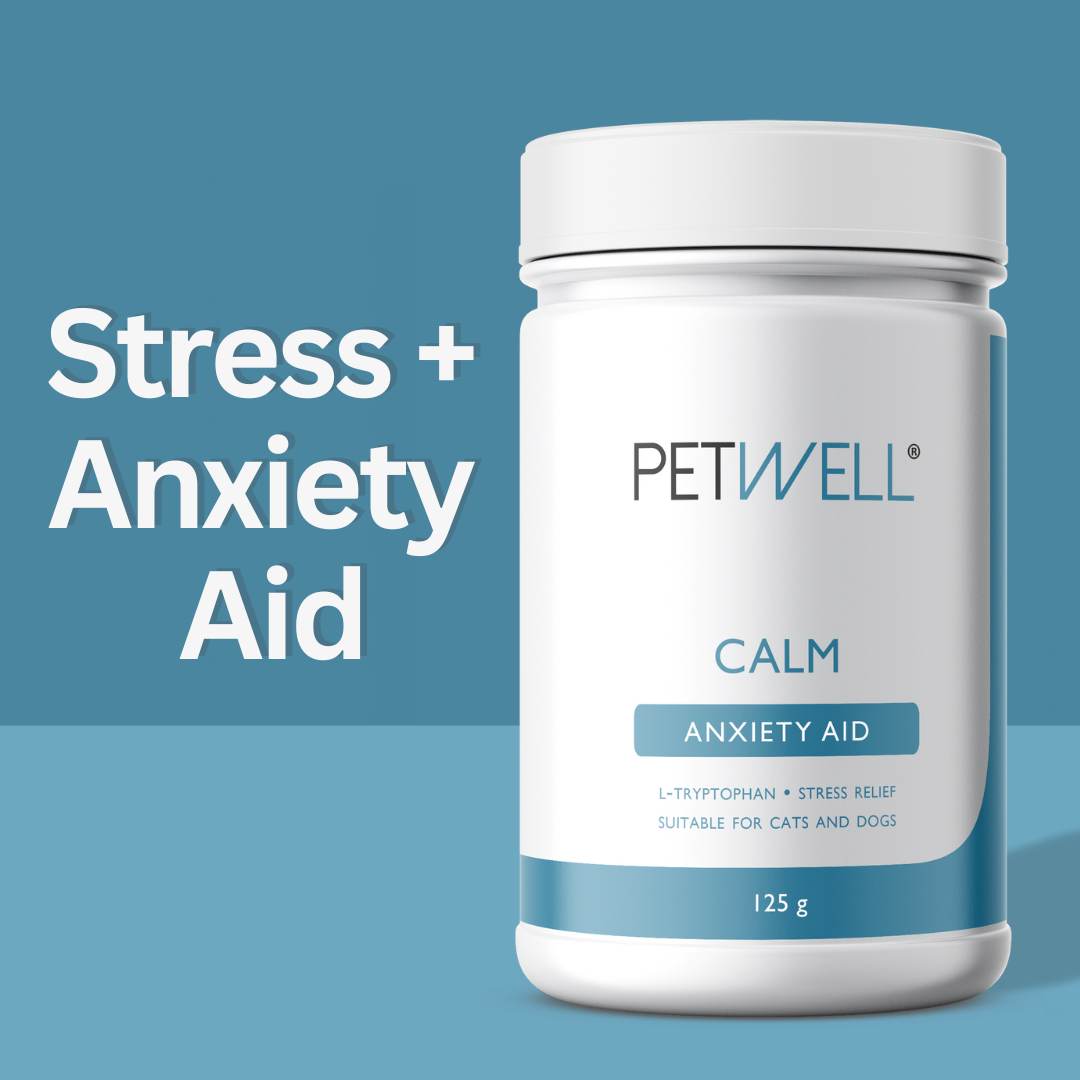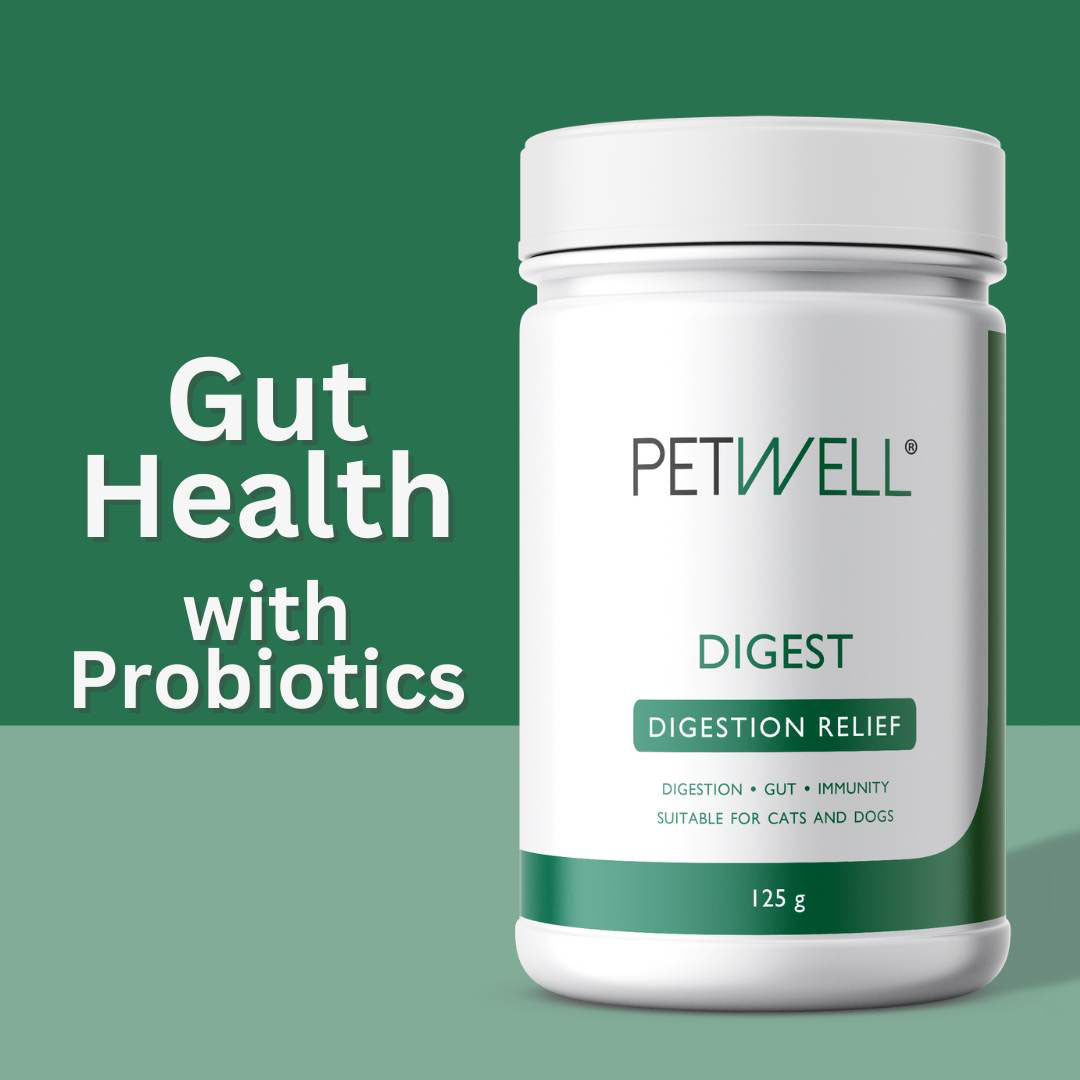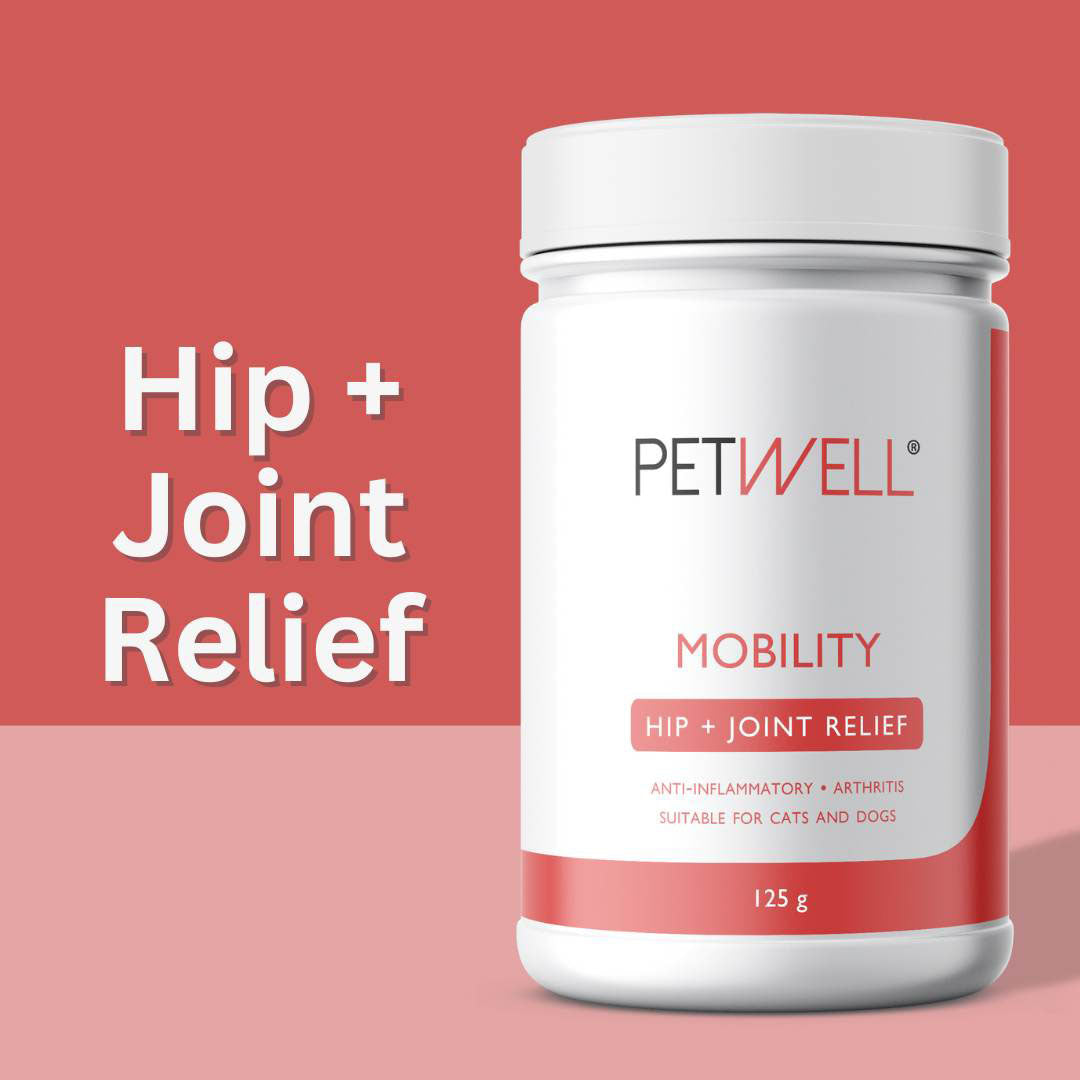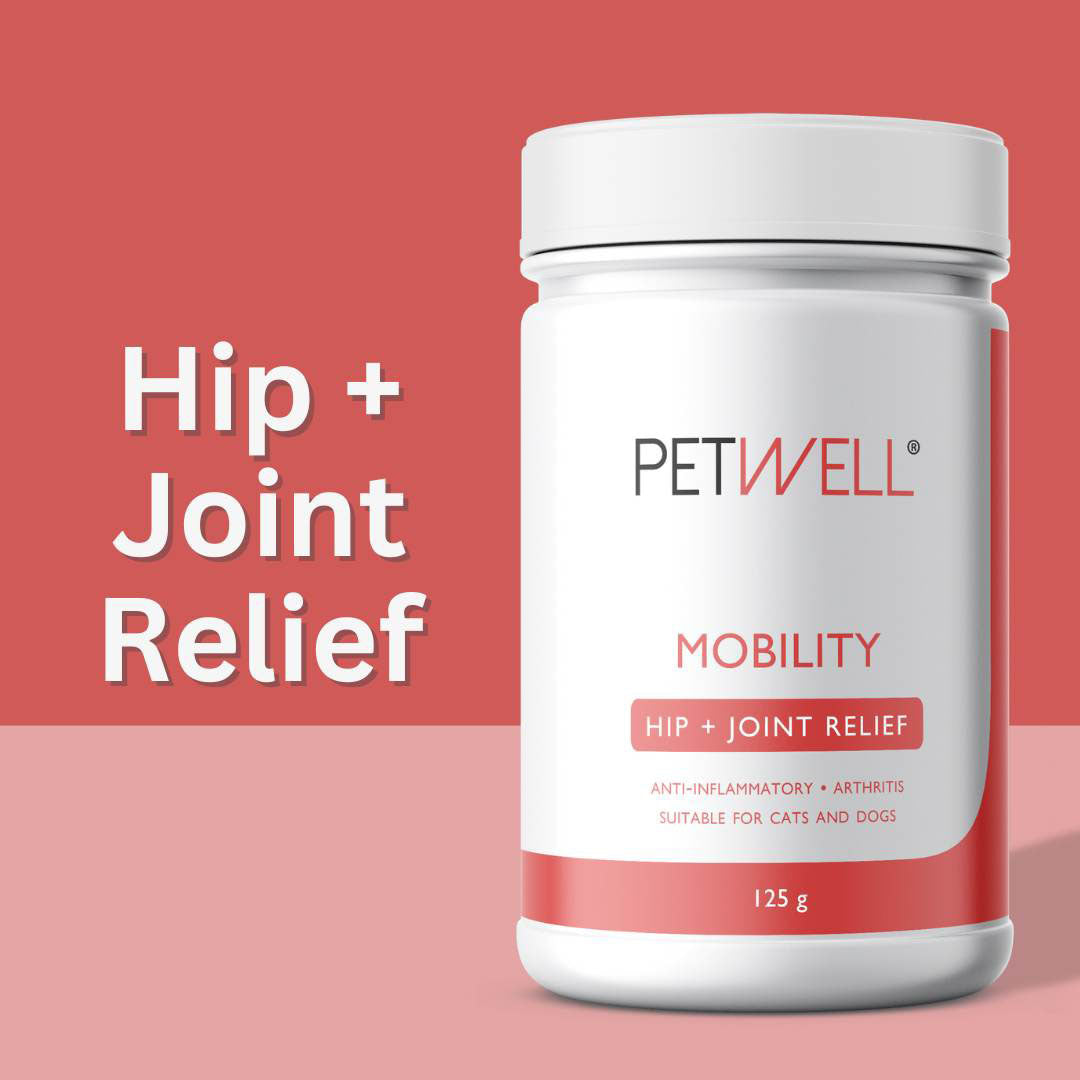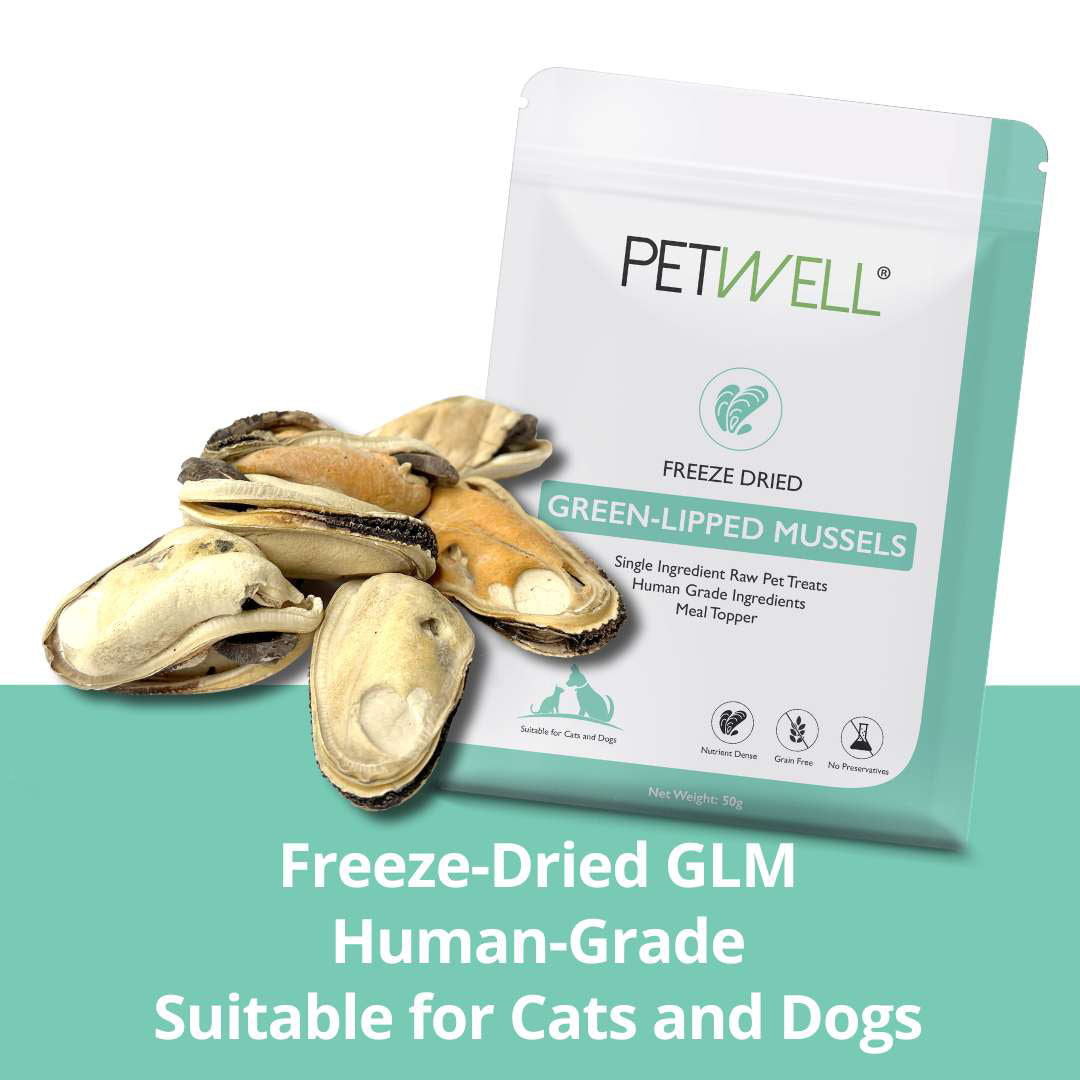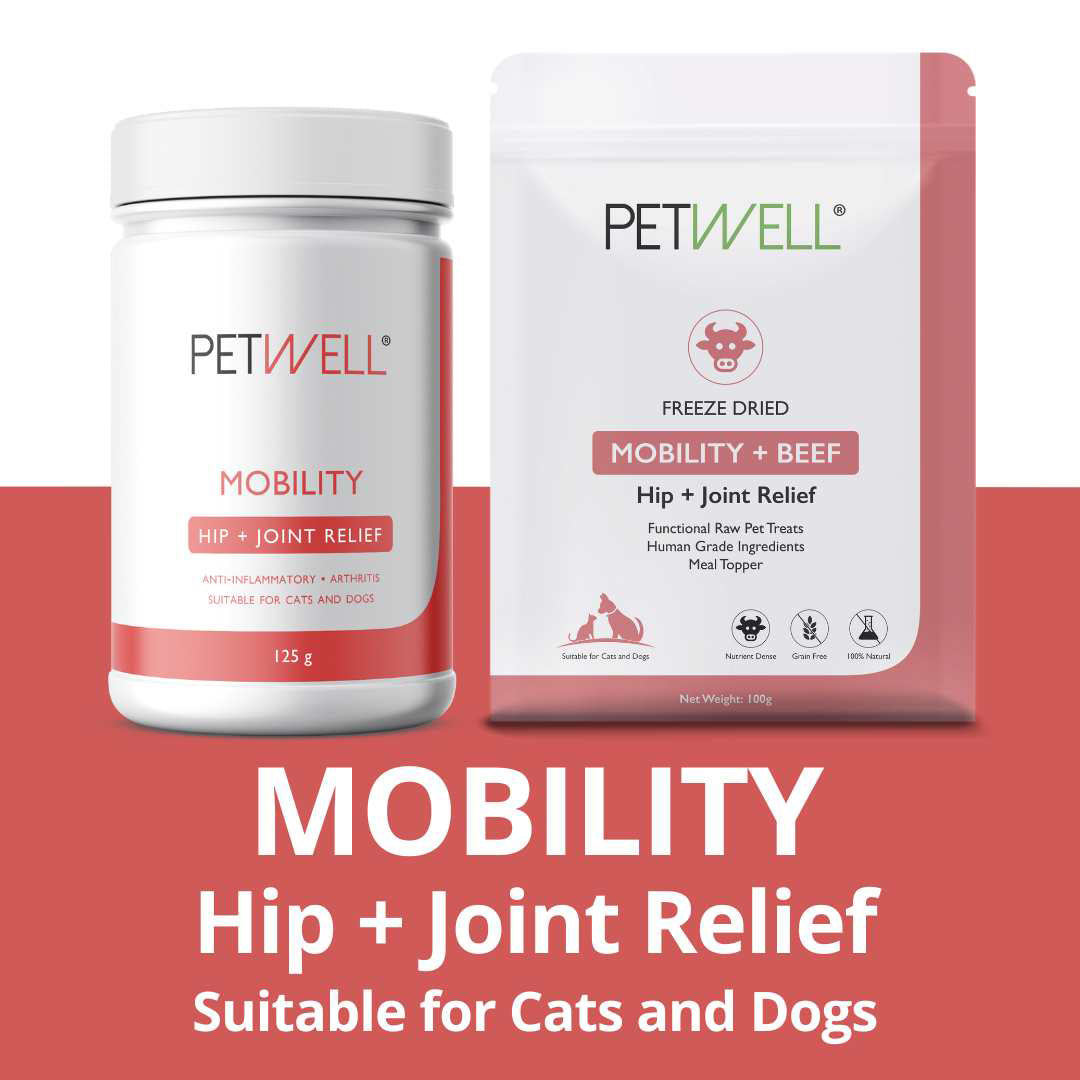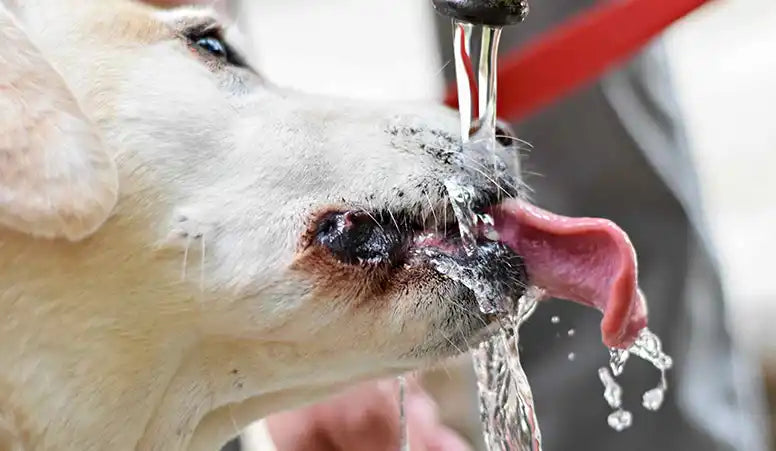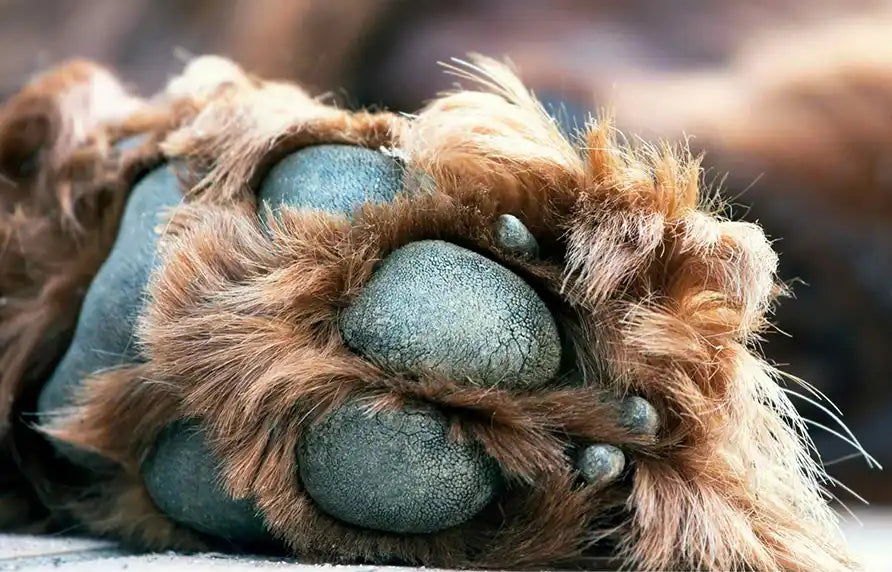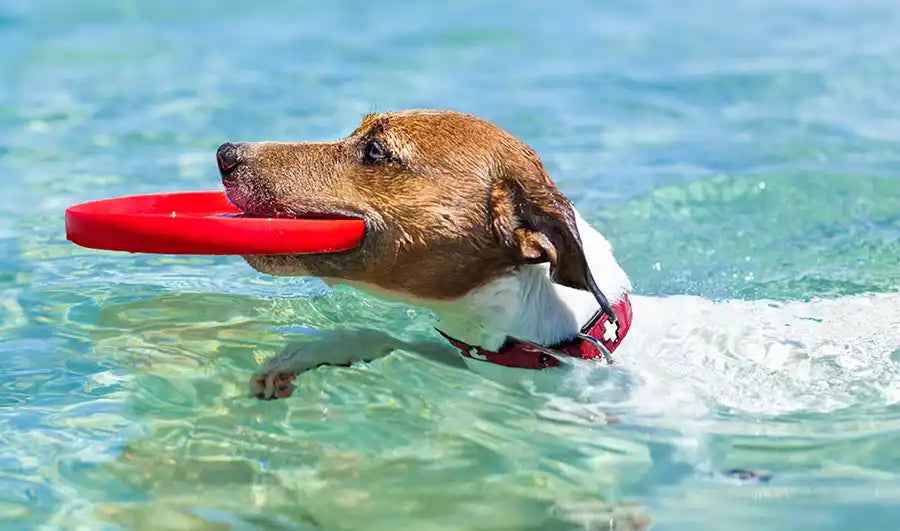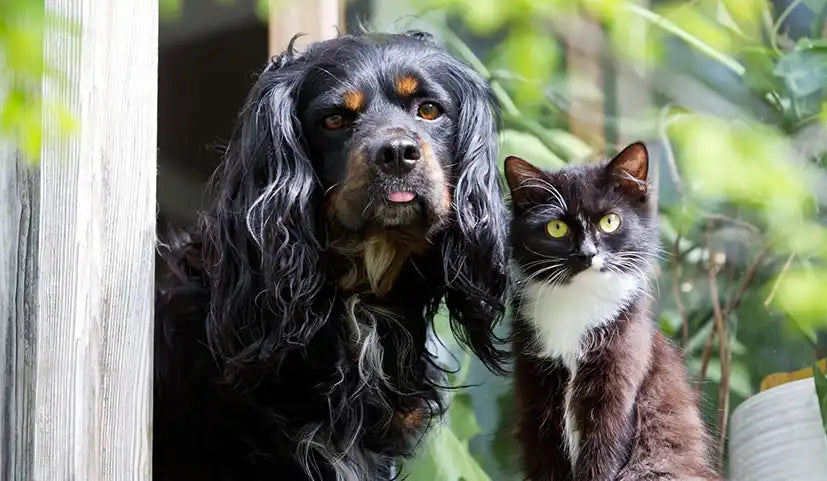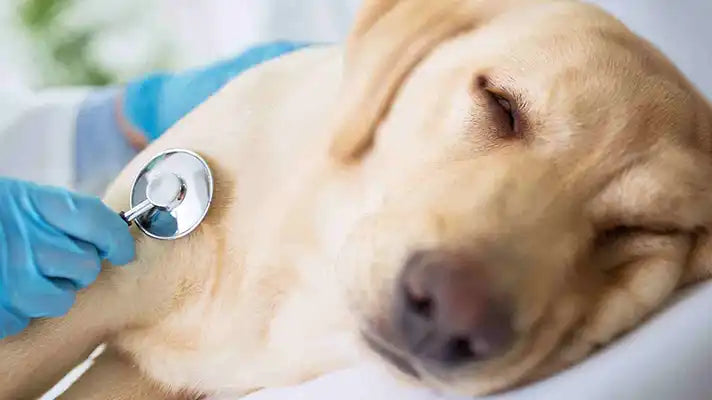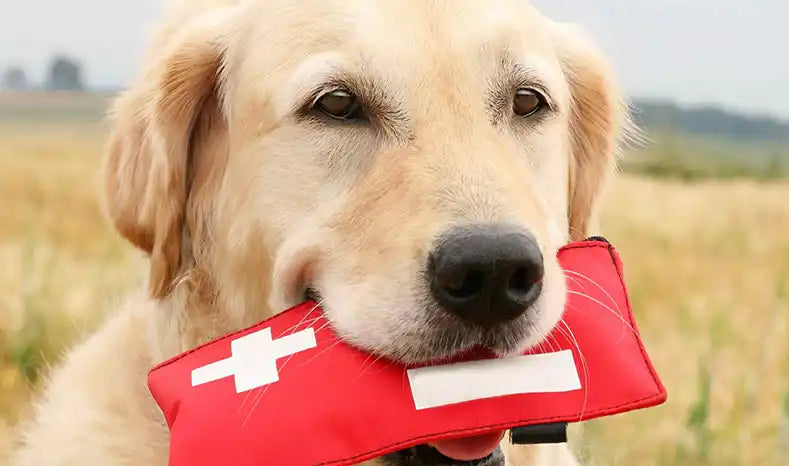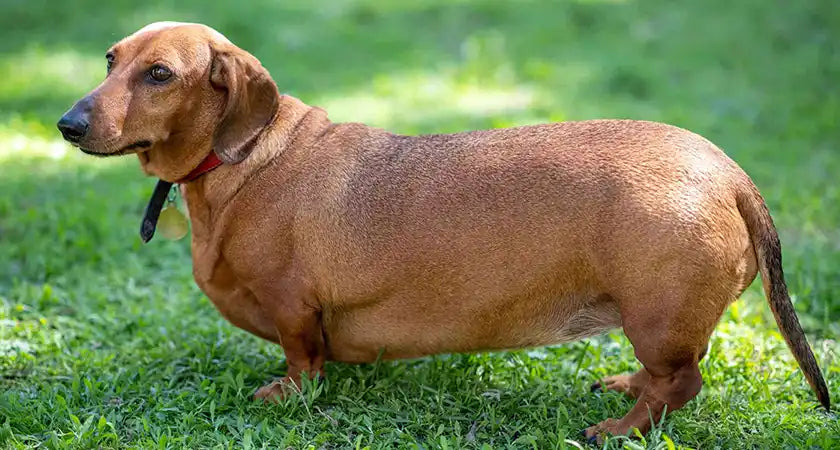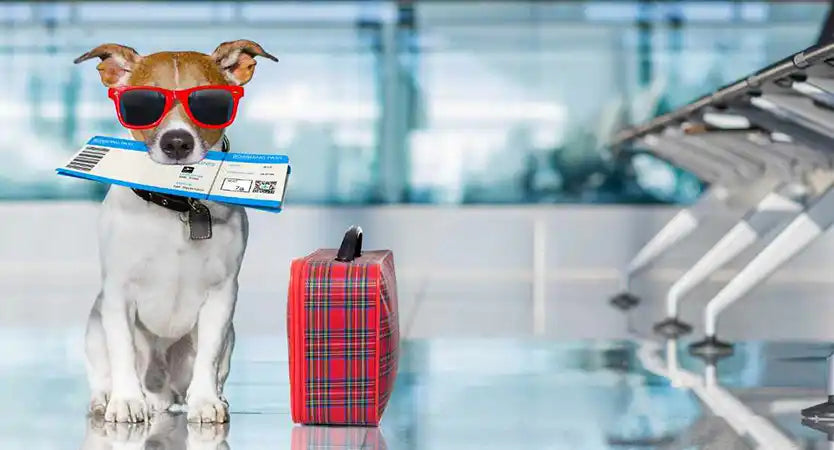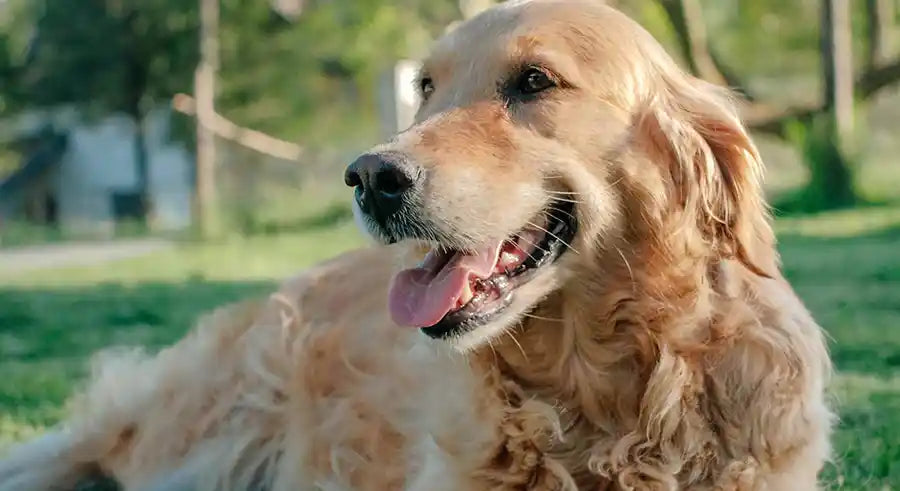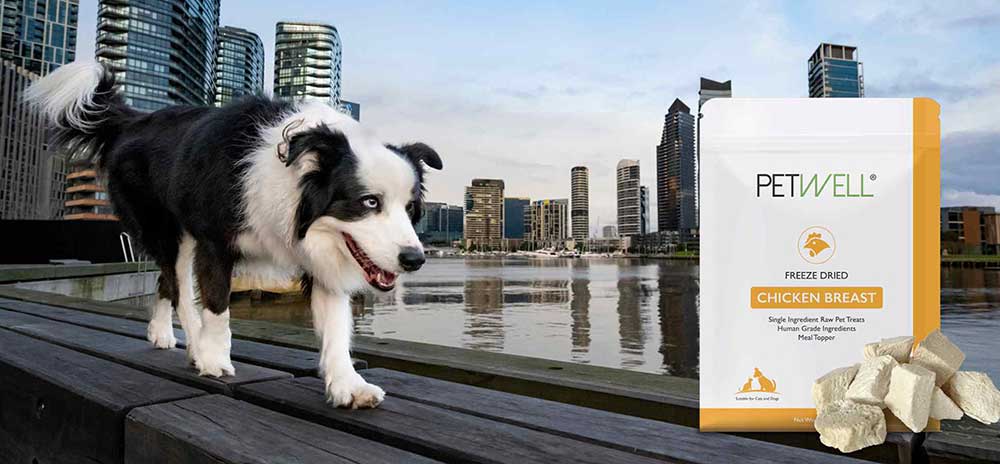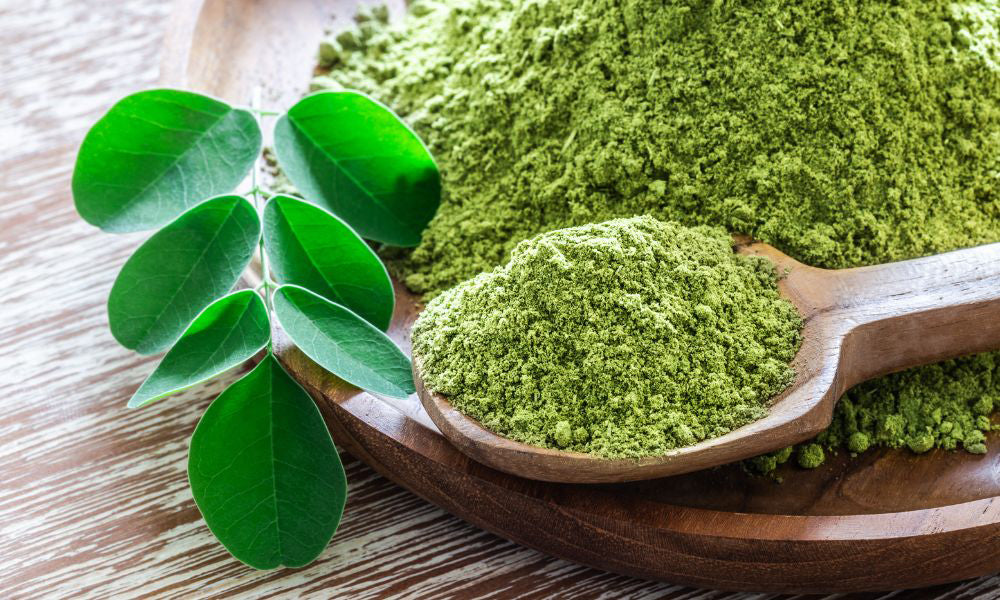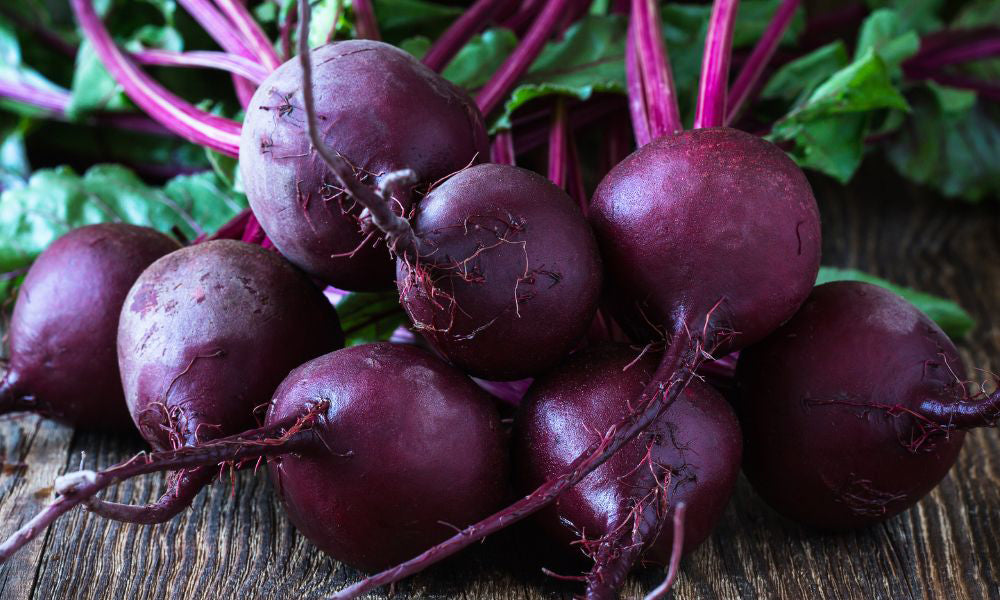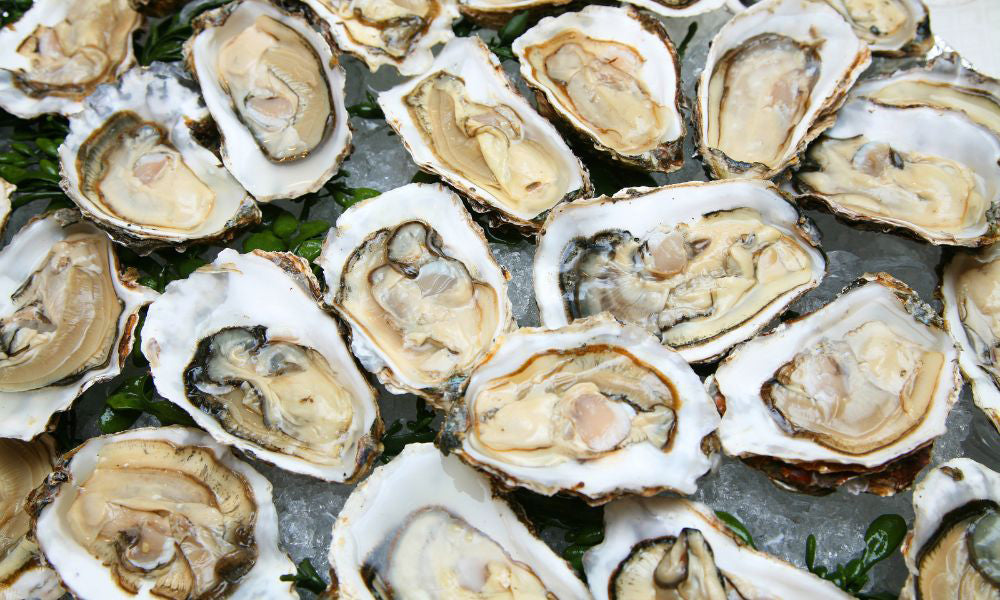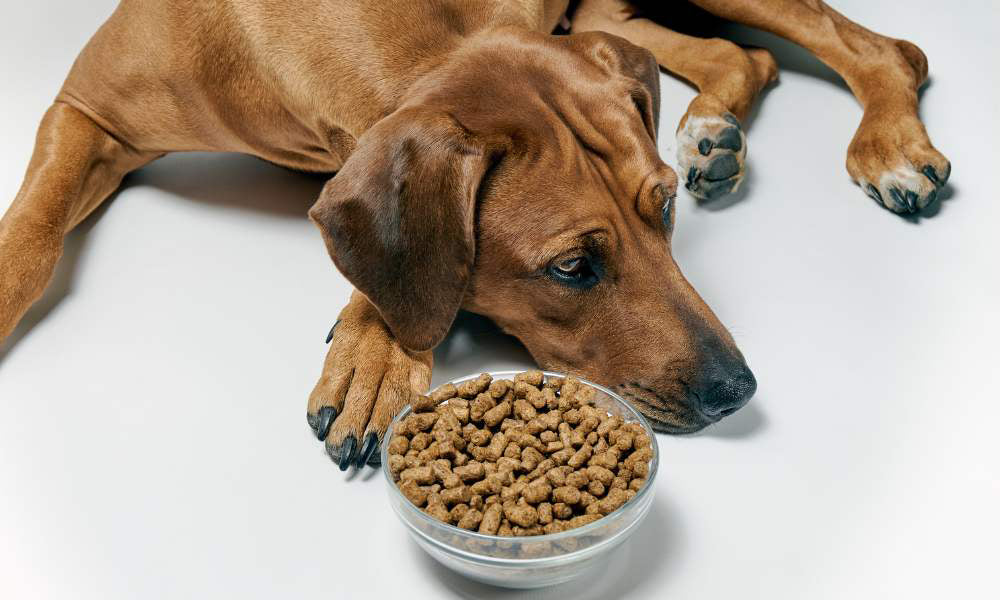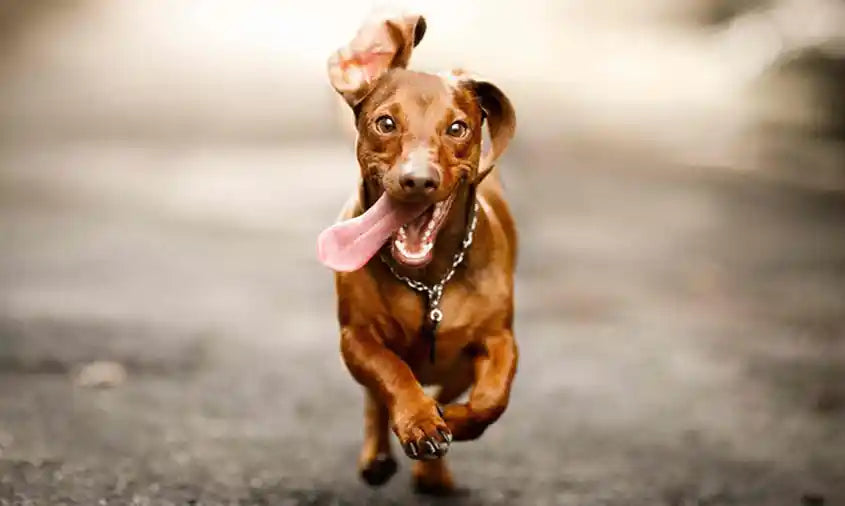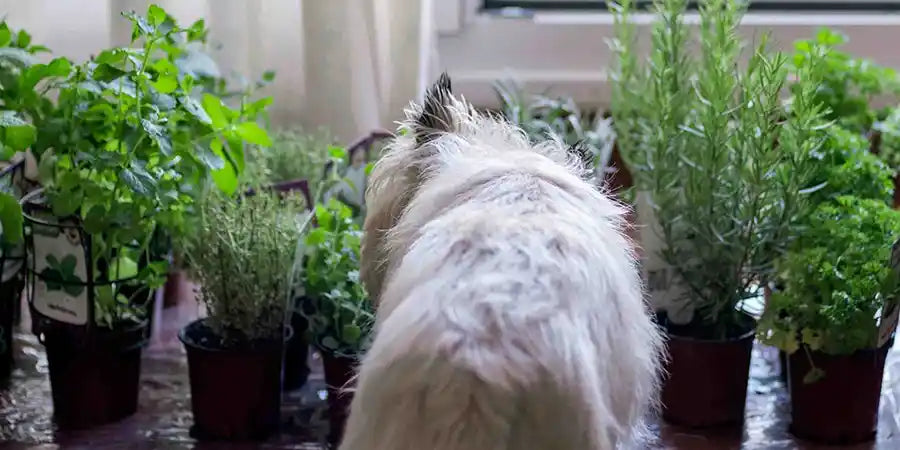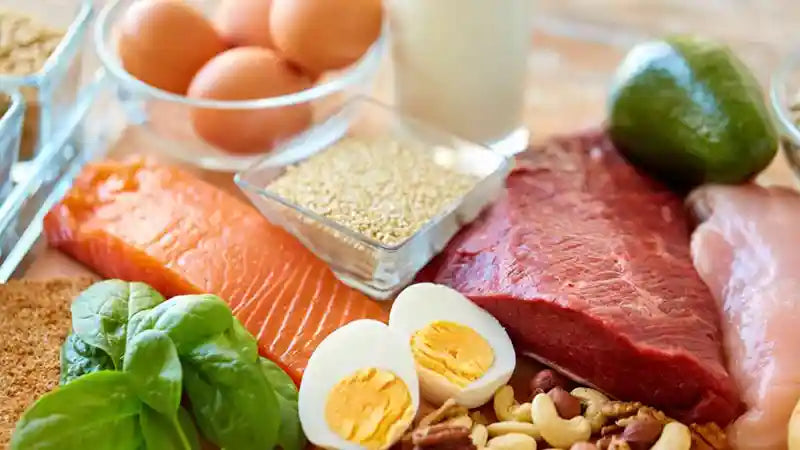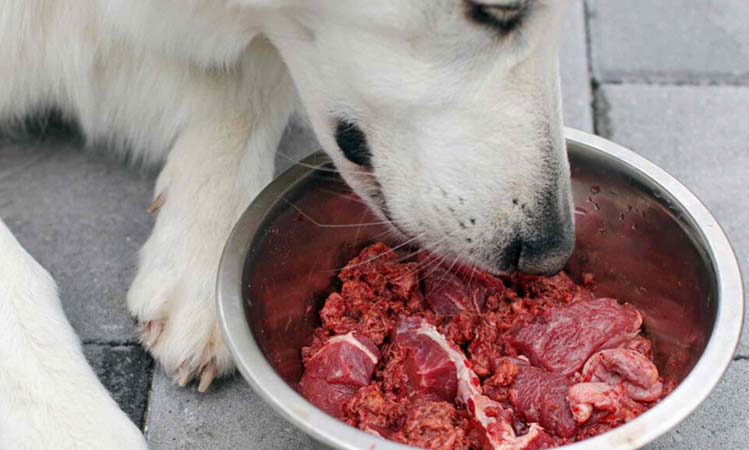Quick Take: Dehydration in dogs isn’t just about being thirsty, it can lead to serious health issues fast. Learn the symptoms, causes, treatments, and prevention tips so you can keep your pup safe, hydrated, and healthy.
What Is Dehydration in Dogs?
Dehydration in dogs happens when your pup loses more fluids than they take in, and their body struggles to function properly.
Water is essential for:
- delivering nutrients throughout the body
- flushing out toxins and waste
- regulating body temperature
- aiding digestion
- cushioning and lubricating joints
- keeping blood pressure steady
Without enough water, your dog’s organs and cells can’t do their job.
Symptoms of Dehydration in Dogs
Dogs can’t tell us when they’re thirsty, so knowing the signs of dehydration is crucial:
- Dry mouth and gums – sticky, pale gums instead of moist pink ones.
- Lethargy – less energy than usual.
- Loss of appetite – refusing food or eating less.
- Dark yellow urine – concentrated and strong-smelling.
- Skin tent test – skin stays “tented” when gently lifted.
- Vomiting or diarrhoea – draining fluids quickly.
If you spot more than one of these, call your vet straight away.
Causes of Dehydration in Dogs
Dehydration usually has an underlying trigger. Common causes include:
- Not drinking enough water (dirty bowl, poor access, fussy habits).
- Illnesses like kidney disease or diabetes.
- Hot weather or too much exercise.
- Vomiting or diarrhoea.
- Medications that increase urination.
- Excessive drooling from dental issues or anxiety.
PetWell tip: Stress and anxiety can cause extra drool. Our CALM Stress Relief supplement and CALM + TURKEY functional treats help support stressed dogs naturally.
Treatments for Dehydration in Dogs
If your dog is dehydrated, your vet may recommend:
- IV fluids – rapid rehydration straight into the bloodstream.
- Oral rehydration – dog-safe electrolyte solutions for mild cases.
- Treating the cause – addressing illness, infection, or medication side effects.
- Fresh water access – clean, cool water always available.
Don’t wait and see, dehydration can become dangerous quickly.
How to Prevent Dehydration in Dogs
Prevention is the best medicine. Keep your dog hydrated by:
✔️ Refreshing their water bowl daily.
✔️ Monitoring how much they drink.
✔️ Adding wet or raw food to their diet.
✔️ Avoiding heavy exercise in the heat.
✔️ Offering natural hydration boosters like bone broth or a splash of coconut water.
How Much Water Do Dogs Need Daily?
A dog’s water needs depend on size, activity, diet, and environment.
✔️ Small breeds (Chihuahua, Dachshund): 120–240 ml per 2.5 kg/day
✔️ Medium breeds (Beagle, Border Collie): 240–360 ml per 5 kg/day
✔️ Large breeds (Golden Retriever, German Shepherd): 250–500 ml per 5 kg/day
Other factors:
- Active dogs need more than couch potatoes.
- Hot/dry climates require extra (30–60 ml per 5 kg).
- Kibble-fed dogs often need more water than raw- or wet-fed pups.
All living organisms need water, humans and animals alike need water to survive, and when they become dehydrated, it can lead to various health issues.
Read more about Top Tips to Keep Your Dog Healthy
In Summary
Dehydration in dogs is serious but preventable. By learning the symptoms, causes, and treatments, you can act fast and keep your dog safe. Better yet, prevention is simple: clean water, a balanced diet, and smart exercise habits.
And if stress plays a role, PetWell’s CALM range is here to help. Because keeping them hydrated is just another way of keeping your PetWell.
FAQ: Dog Dehydration
Q: What’s the fastest way to check if my dog is dehydrated?
A: Try the skin tent test. If the skin doesn’t spring back quickly, your dog may be dehydrated.
Q: Can dehydration be fatal?
A: Yes. Severe dehydration is life-threatening. Always seek veterinary care if you suspect it.
Q: Can I give my dog Gatorade?
A: No. Human electrolyte drinks contain sugar and additives unsafe for dogs. Stick to vet-approved options like bone broth and coconut water.
Q: What foods help keep dogs hydrated?
A: Wet food, raw diets, bone broth, and water-rich veggies like cucumber can help.
Disclaimer: The entire contents of PetWell emails and website are not to be taken as medical advice. The team at Pet Squad Pty Ltd trading as PetWell encourages you to make your own pet health care decisions based on your research and in partnership with a qualified pet healthcare professional.
Posted By Ayda Hornak - Trained in Canine Psychology and Natural Animal Nutrition Care
